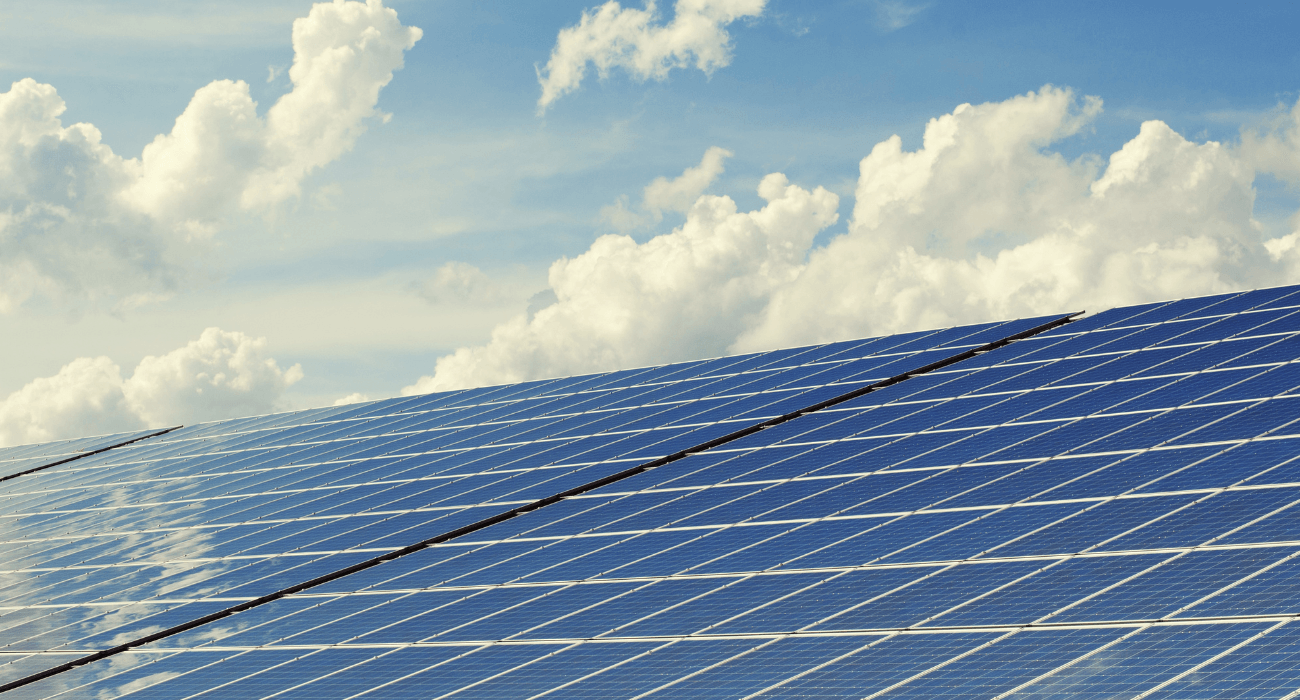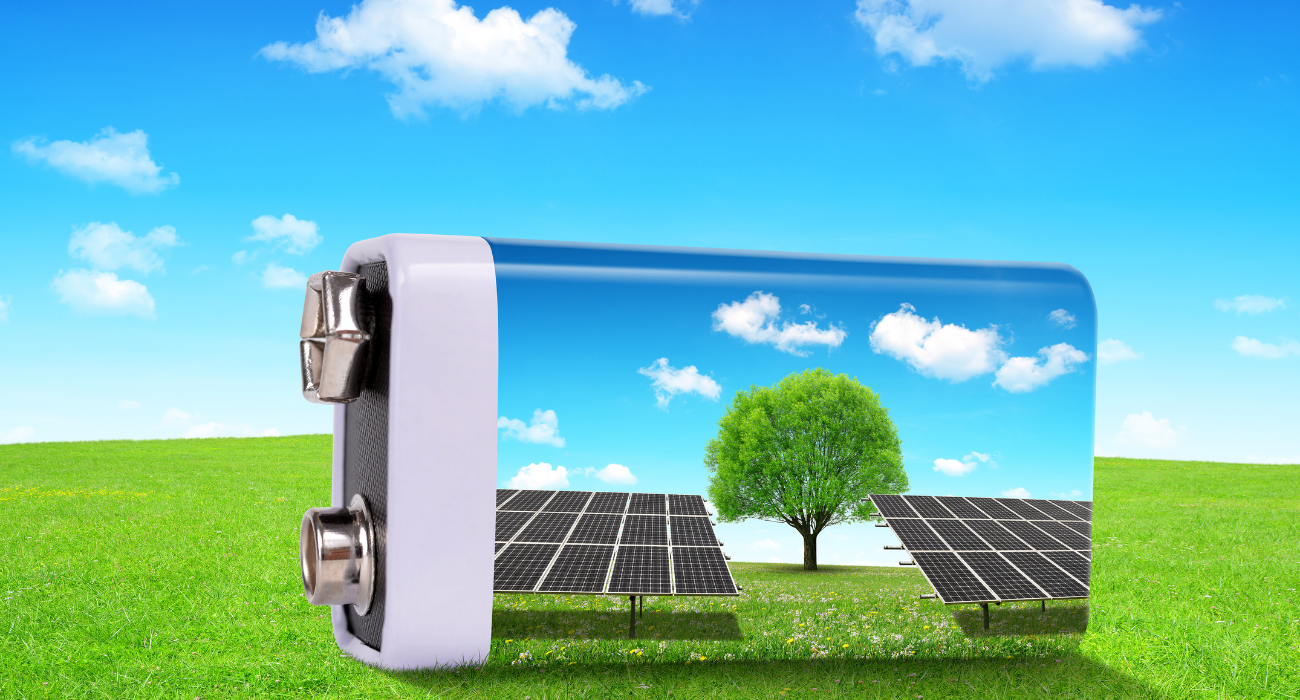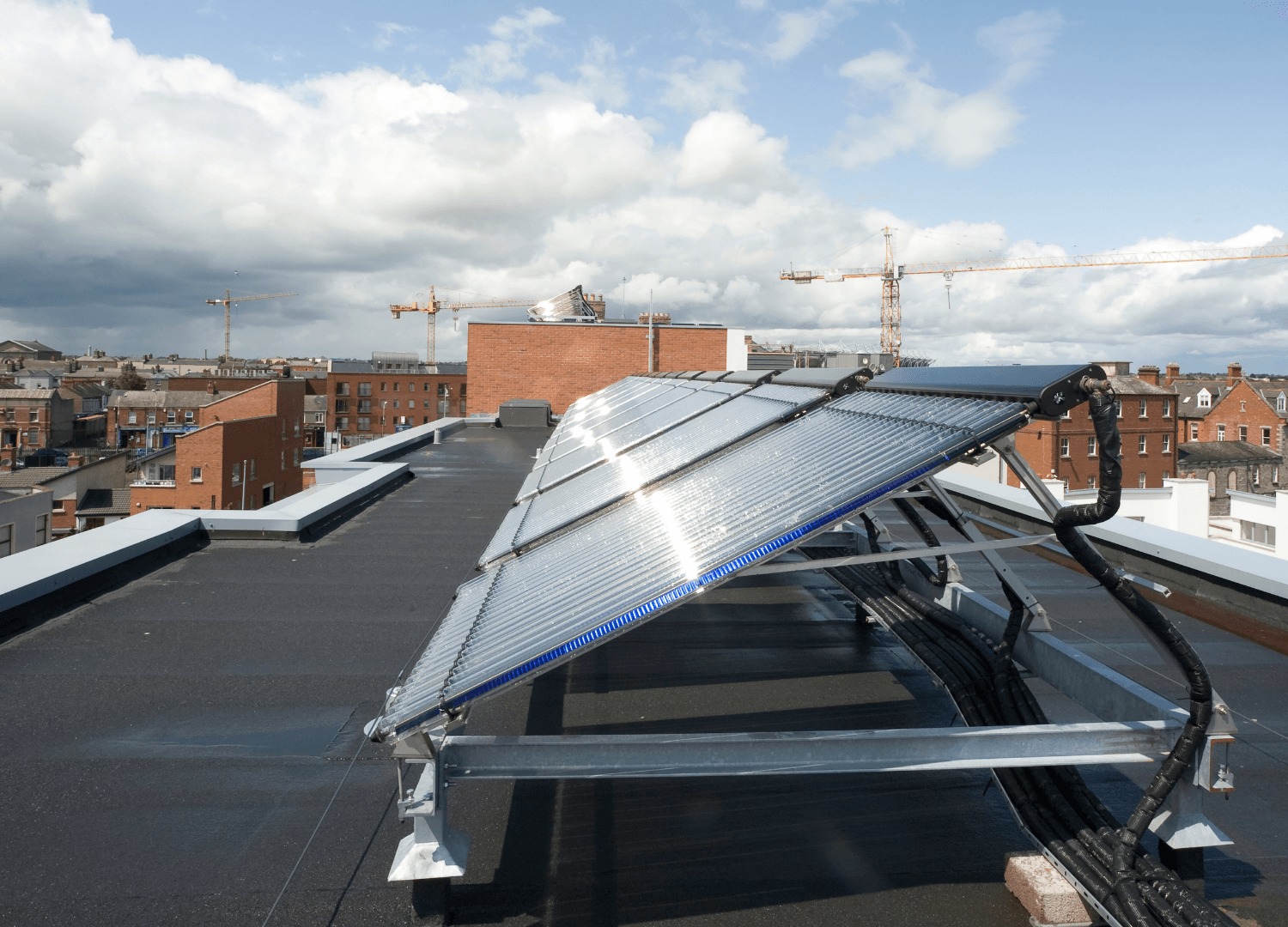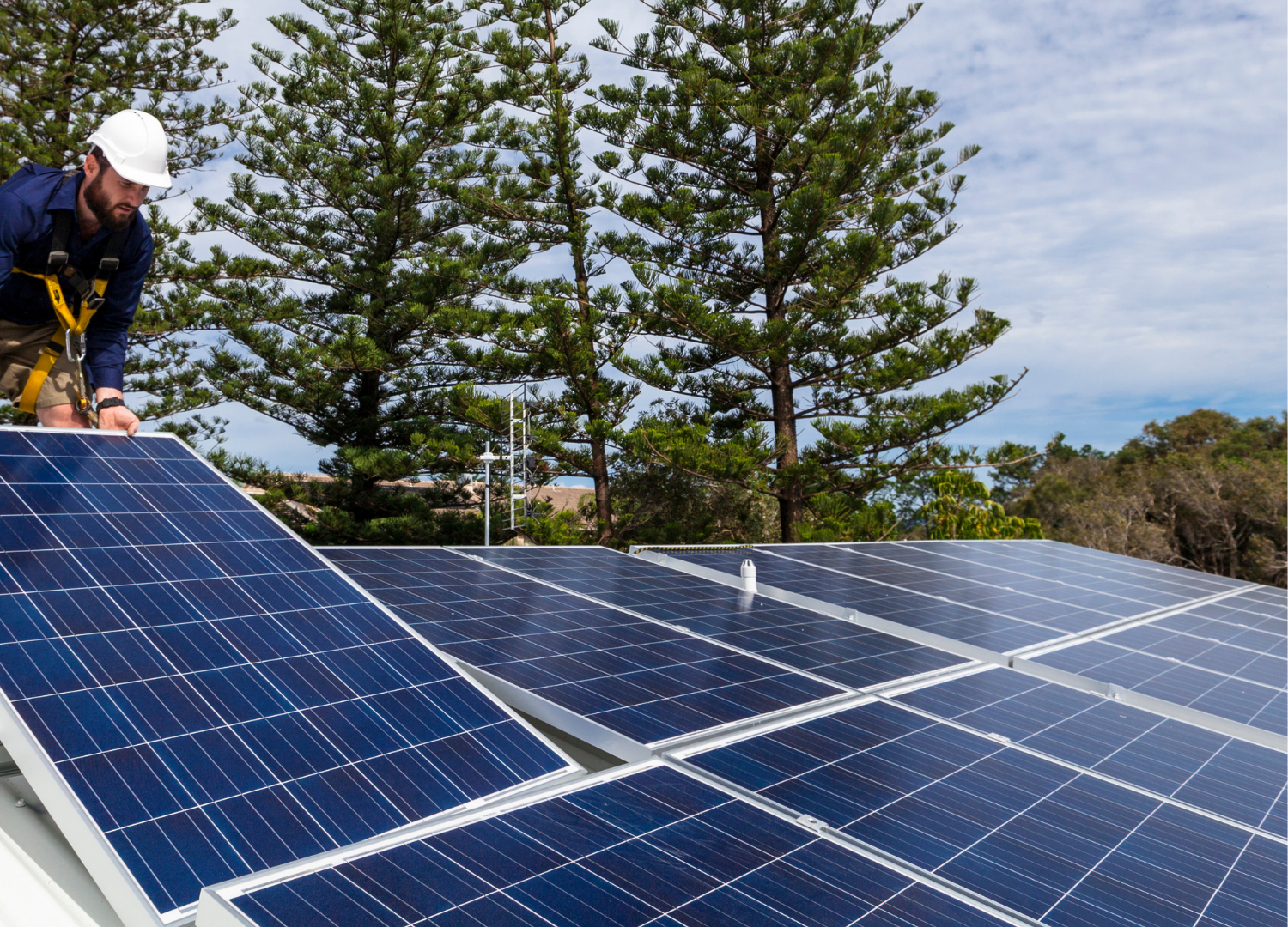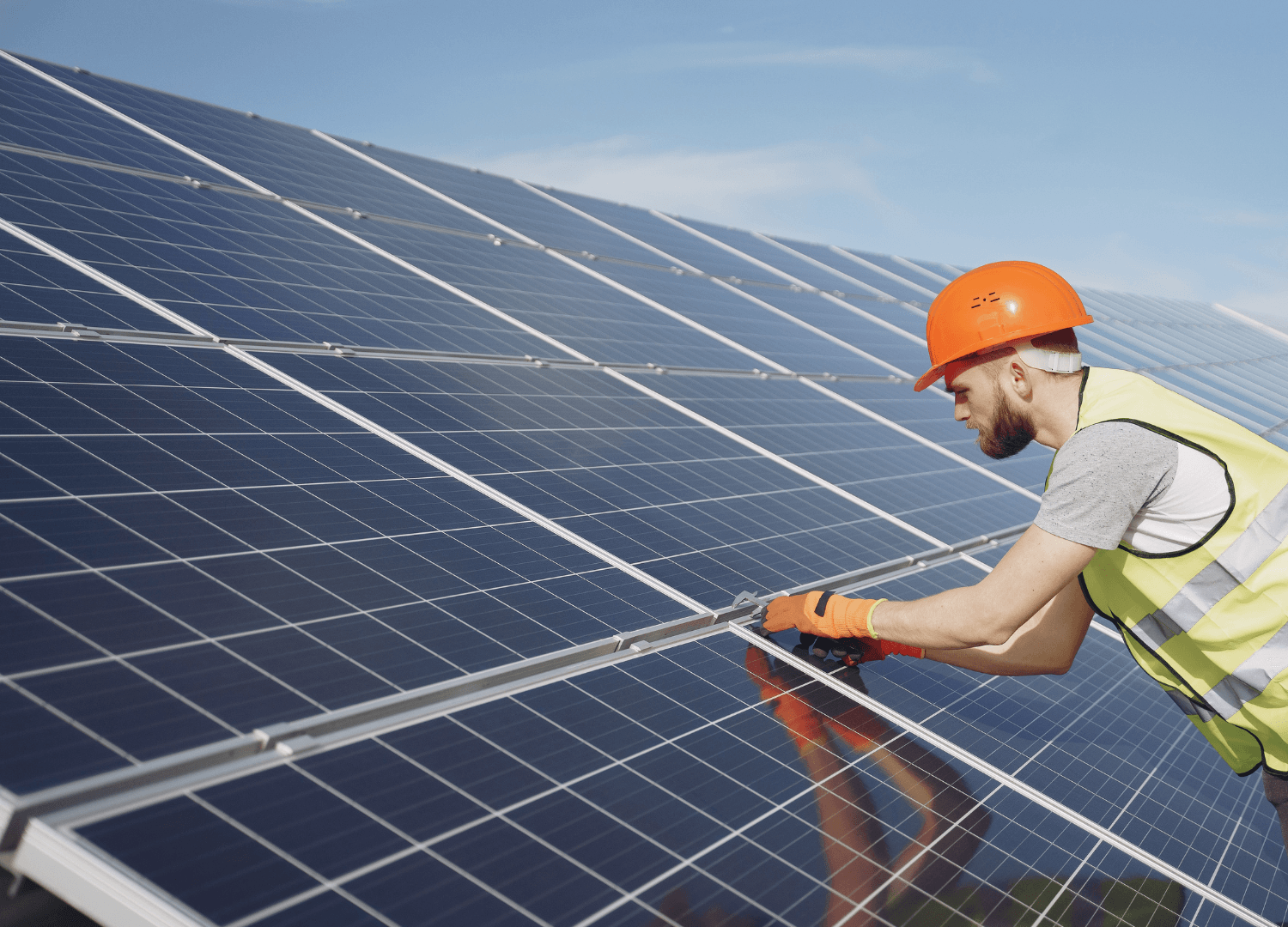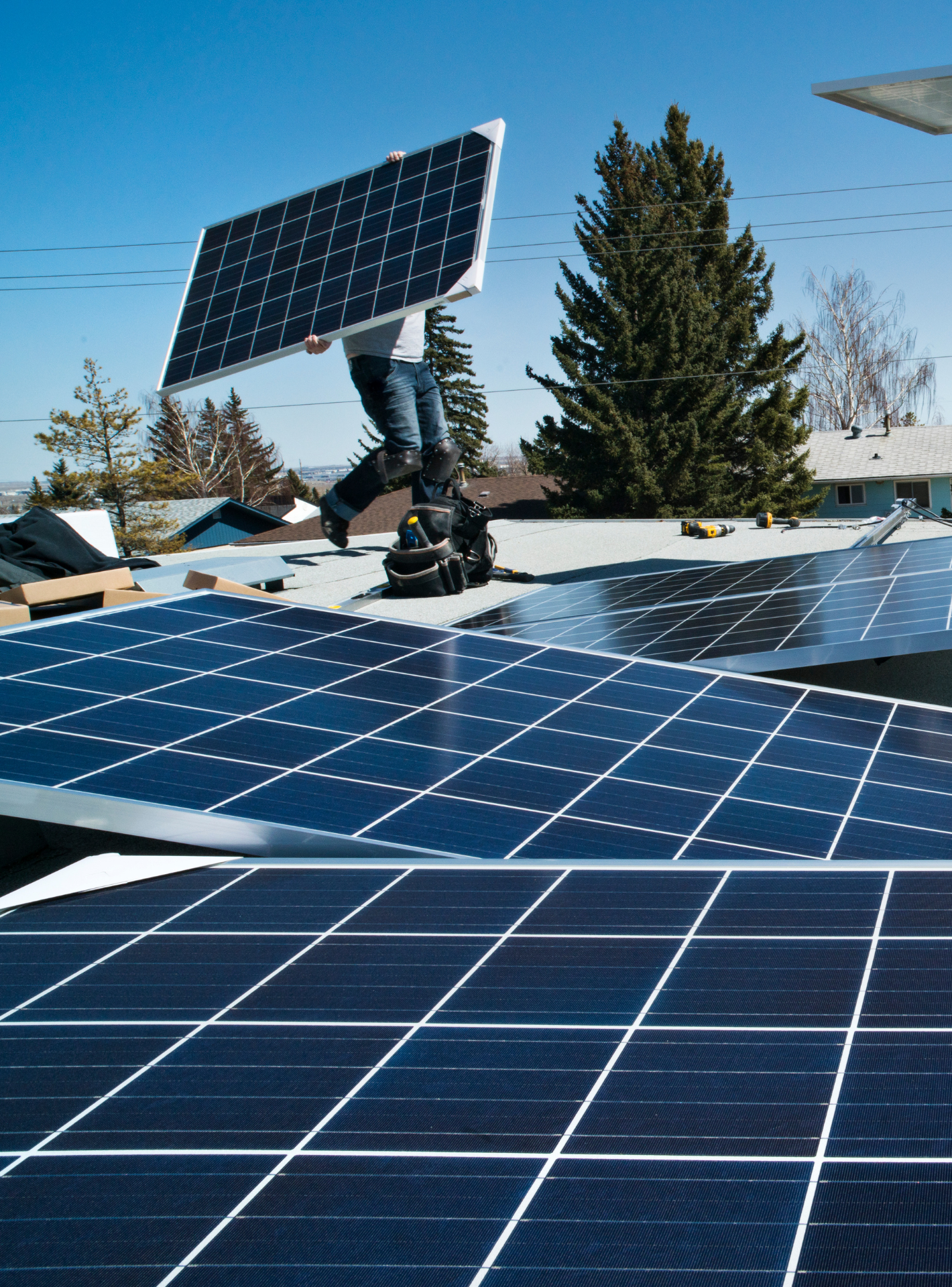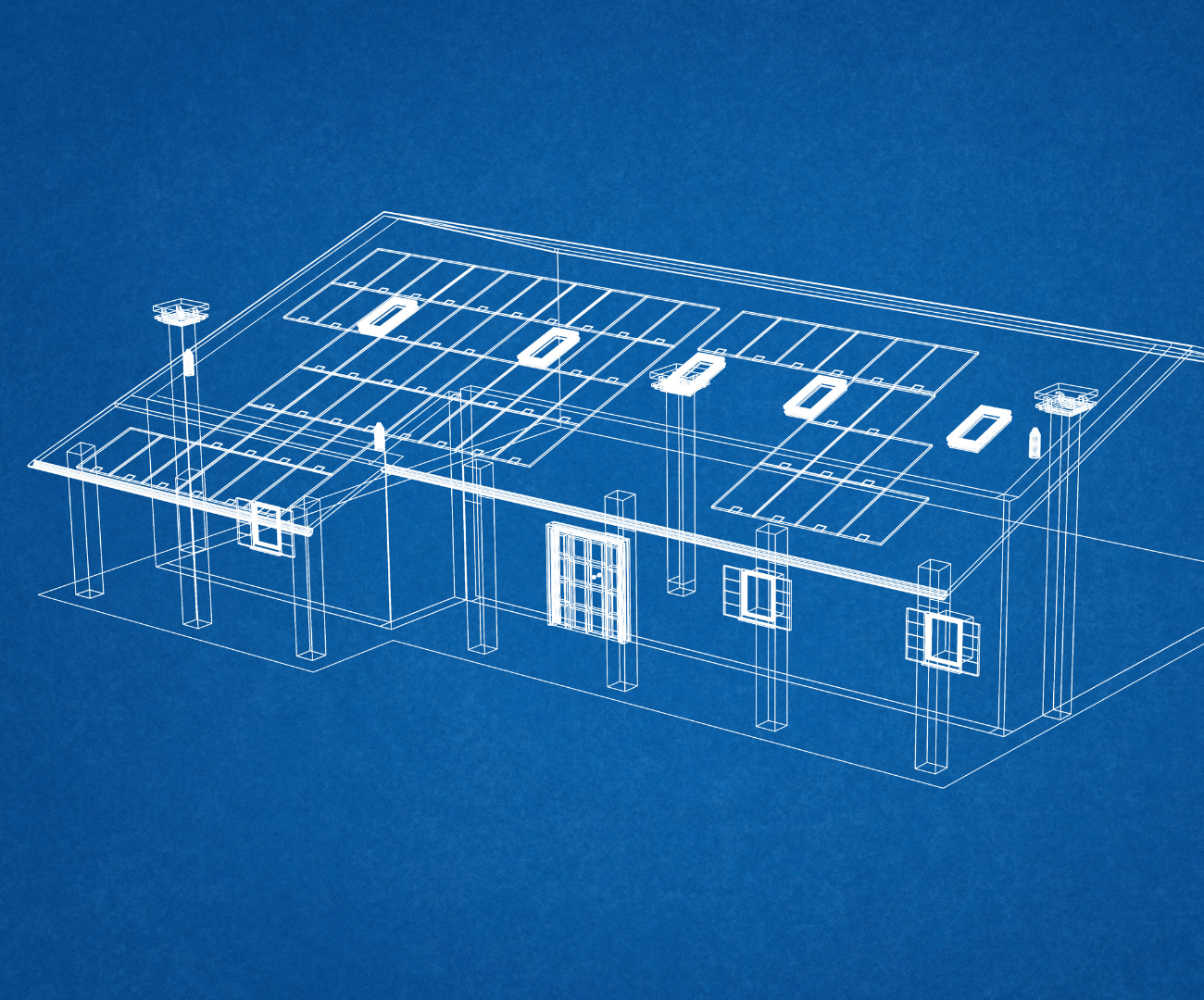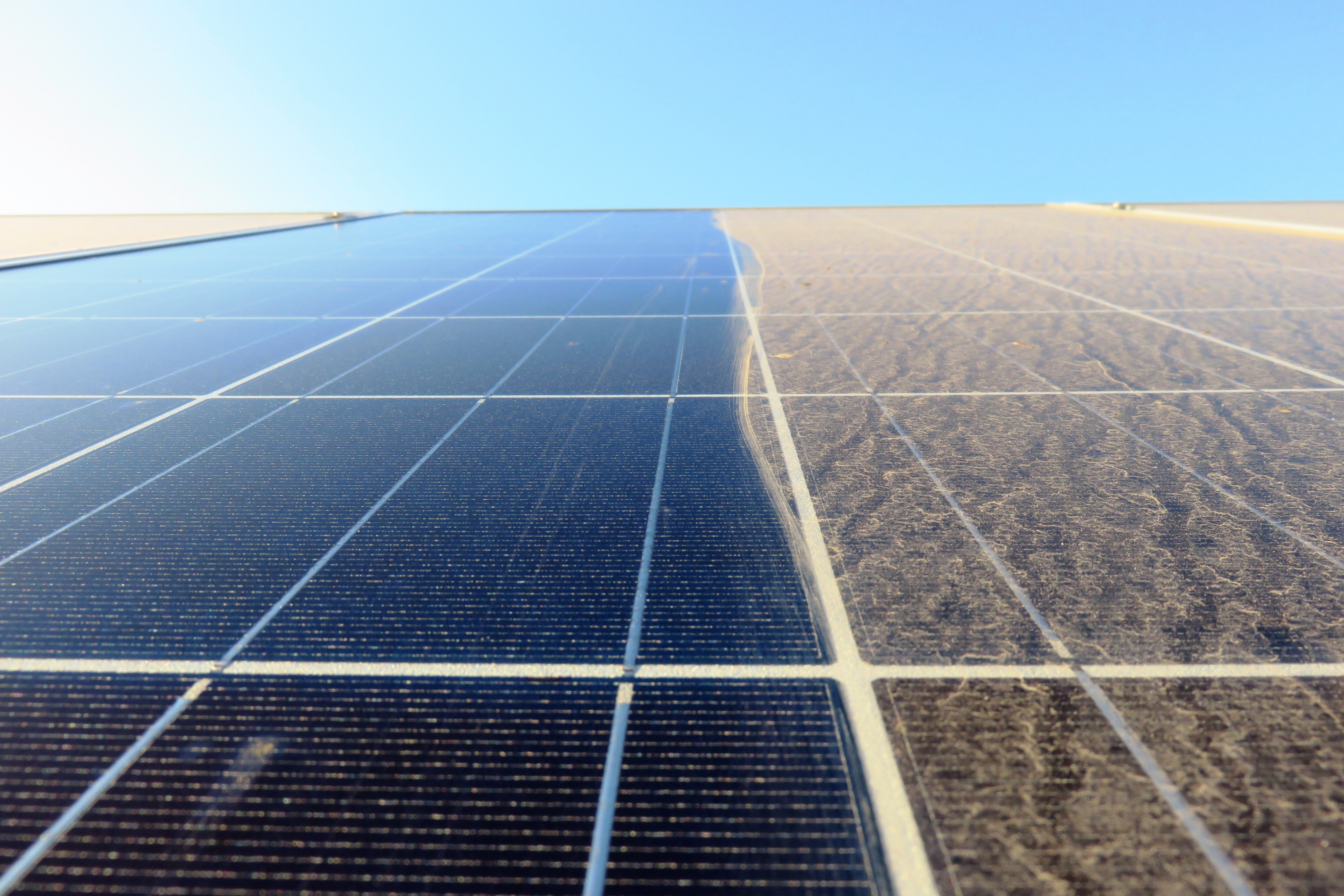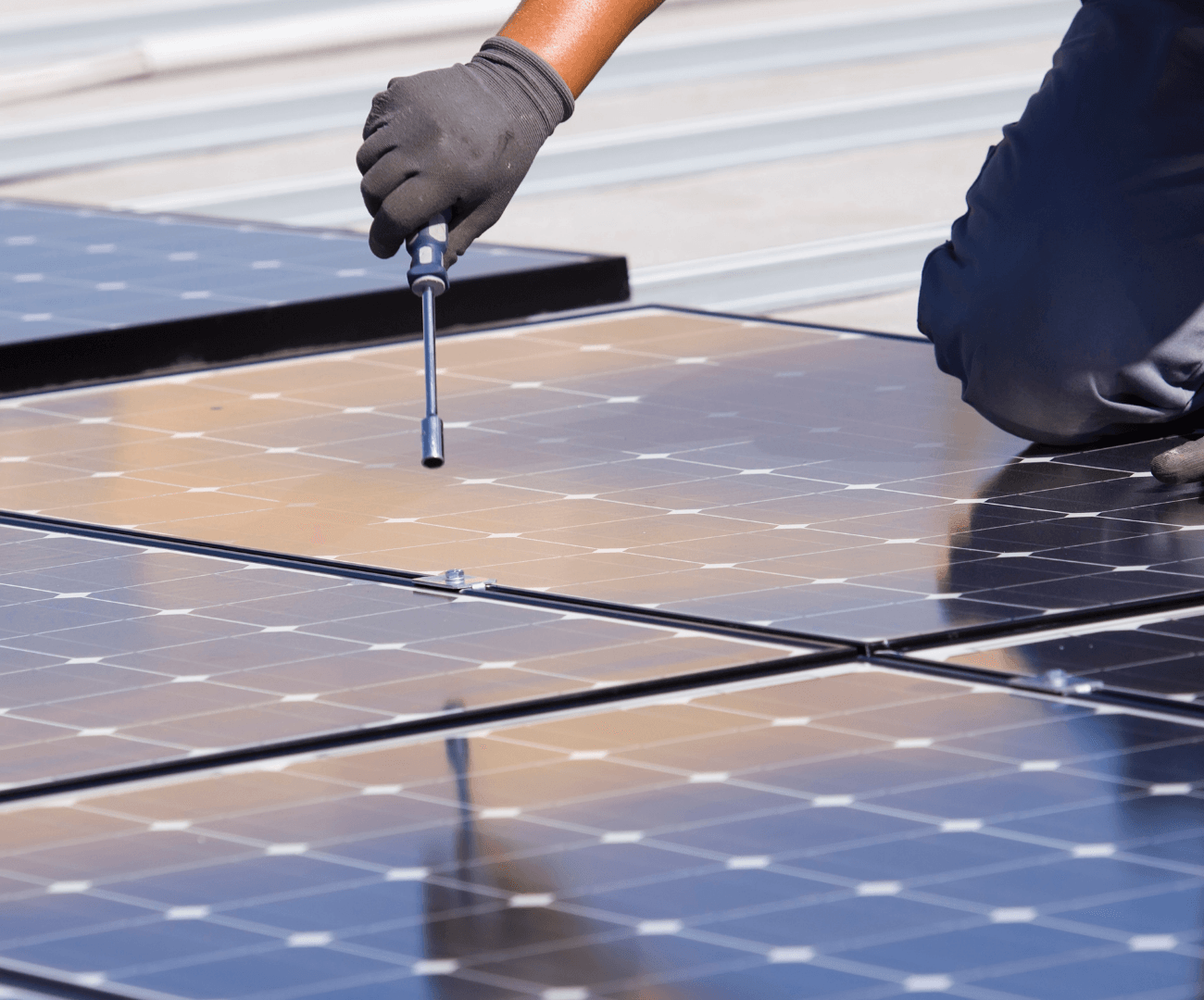Ground Mounted Solar Vs Roof Mounted Solar
Where Should You Mount Your Solar Panels?
When it comes to solar panels, there are multiple types of installations to pick from. We deal with ground-mounted solar panels, roof-mounted solar panels as well as carports. These types of installation serve varying purposes and so, what works for one client may not be the best solution for others.
It is imperative to weigh the benefits and downsides of each type of installation when considering solar for your home, farm, or business. In this read, we are going to look at important things to know beforehand to help you make an informed solar panels investment decision.
Before we get into the ups and downs, it’s only fair to first differentiate between roof-mounted and ground-mounted solar panel systems:
1. Roof-Mounted Solar Panels
This is the most popular type of solar panel installation. As the term implies, the solar racking holding the panels in place is installed on the roof. The solar panels are attached to slopping or flat roofs, which can be of varying materials like shingle, metal, and even rubber.
Keep in mind that not all roof-mounted solar panel systems need penetration in order to be secured to the roof. If you are dealing with a flat room, you can go for a ballast mount. This installation is secured by blocks that weigh down the system’s components.
2. Ground-Mounted Solar Panels
In this form of installation, the panels are held in place by a structure that’s connected to the ground with steel beams. Ground mounts are installed in an open region or over a parking lot as a carport. Ground-mounted solar systems are installed where there are ideal solar conditions, making them an excellent option for those without usable roof space or who just don’t like the idea of roof-mounted panels.
The Pros and Cons of Ground-Mounted and Roof-mounted Solar Systems
With a proper understanding of the difference between roof-mounted and ground-mounted systems, let us look at the pros and cons of each:
The Pros of Roof-Mounted Systems
-They take advantage of space that otherwise would not be used.
-They do not consume the land that could be used for other tasks
-The installation cost is usually lower in comparison to ground-mounted systems
-The solar panels protect the roof from exposure to some elements
-Roof mounts prevent unauthorized people from accessing the solar panels
The Cons of Roof-Mounted Systems
-You might need a new roof prior to installation
-Roof penetration is needed if you have shingle roofing
-The extra weight may call for additional support mechanisms, which increases the installation costs
-They present a safety hazard for the installation team
-In some cases, roof mounts hurt the curb appeal
What to Consider When Installing a Roof-Mount Solar System
1. Age of your roof
2. Condition of your roof
3. The impact the system might have on your roof’s warranty
The Pros of a Ground-Mounted Solar Systems
-They can be installed in almost location, facing direction, allowing them to be positioned for maximum energy production
-They can be installed at varying angles
-When carports are installed in parking lots, they provide lighting, protection, and shading to cars
-They can be easily accessed for maintenance purposes
The Cons of Ground-Mounted Systems
-They limit land use
-They can be easily accessed by unauthorized individuals
-The installation cost is usually higher
-A fence will most likely be needed which adds to the project expense
-There is an increased chance of damage from damage and other particles thrown during activities like mowing
-They consume large spaces
-Often require mowing around several posts under low clearances
What You Should Consider When Installing a Ground-Mounted Solar System
1. Your Property’s terrain
2. Your long-term plan for the lot
Both ground-mounted and roof-mounted solar systems are excellent options. The best one all boils down to your specific needs and goals. If you have vast unshaded roof space, then a roof-mount proves to be the right option. However, if you have limited roof space and still want to take advantage of the environmental and financial benefits that come with solar solutions, then a carport or ground-mounted system is the way to go.
